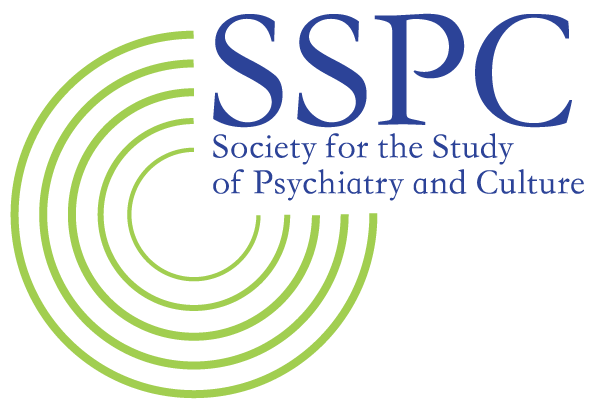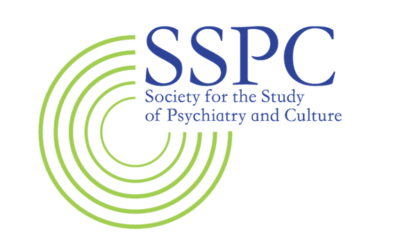by Ronald Wintrob, M.D.
Chair, WPA-Transcultural Psychiatry Section
I am writing this report while still experiencing the warm glow of the Umbrian sun and the numerous buoyant contacts with many colleagues and friends who participated in the 2nd World Congress of Cultural Psychiatry (WCCP), held in Norcia, Italy, September 27-30. There were more than 250 people who came from all over the world to attend the congress, and to enjoy the ambience of a walled Umbrian medieval town; one celebrated for its location in a national park, surrounded by steep hills and mountain trails, and equally well known in Italy for its good food and regional wines. The bounty of Umbria was evident to all at the congress’ opening reception and throughout our time in Norcia.
The intention of choosing Norcia as the venue for the conference was to enable the participants in the congress to not only present some of their work during congress symposia, but to talk about their interests and activities in cultural psychiatry as they encountered other congress participants in the quiet streets, public squares, cafes and restaurants of Norcia throughout the three days of the congress. This unique feature was very much appreciated by those who attended the congress.
There were nine plenary sessions and 40 symposia during the course of the congress, which opened with a compelling presentation on the medical and ecclesiastical significance of Norcia over more than a thousand years of history. During the first morning of the congress, plenary presentations were given by Goffredo Bartocci, M.D. on “The Cultural Brain and Living Societies”, by Wolgang Jilek, M.D. on “The History of Cultural Psychiatry from the 1800s to 1971”, by Laurence Kirmayer, M.D. on “Current Trends in Cultural Psychiatry” and by Joe Westermeyer, M.D. on “Contributions of Cultural Psychiatry to International Psychiatry”.
Among the plenary symposia, topics covered included; “Science and Faith; Cultural“Culture, Disasters and Mental Health”, “Cultural Psychiatry in a Multicultural Society”, “Transcultural Aspects of Clinical Assessment, Diagnosis and Treatment of Immigrants and Refugees”, “Psychological Assessment and Care of Children and Adolescents in Different Cultures”, The Frontiers of Cultural Neuroscience”, “Cinema, Psychiatry and Mental Health”, “The Influence of Law and Culture on Psychiatric Practice, Patients’ Rights and Psychiatrists’ Responsibilities”, “Culture, Aging and Mental Health”, and “The Future of Cultural Psychiatry”.
The congress scientific program included two symposia organized by WPA-TPS, each symposium comprising eight papers, on “Immigration and Acculturative Stress in an Era of Fear of Terrorism” and on “Culture, Humor and Psychiatry”.
During the course of the WCCP, WPA-TPS also held a well-attended working meeting of the TPS executive committee, as well as a business meeting open to all congress participants, at which TPS activities and plans for 2010 and 2011 were reviewed in some detail. In particular, people were informed about the inaugural WPA awards to Sections for research projects initiated by Sections, either on their own or in combination with other WPA Sections. Two such projects were recently approved by Dr. Mario Maj, President of WPA, for funding of $50,000 each; and one of the two awards went to TPS for its project titled; “A Cross-National MultiCenter Study of Depression, Demoralization and Functional Impairment in Cancer Patients”. The principal investigator of this project is John de Figueiredo, M.D., D.Sc., based at Yale University, who developed our TPS proposal along with co-investigators Giovanni Fava, M.D. at University of Bologna and David Clarke, Ph.D. at Monash University in Melbourne, Australia. David Clarke, Ph.D. at Monash University in Melbourne, Australia.

